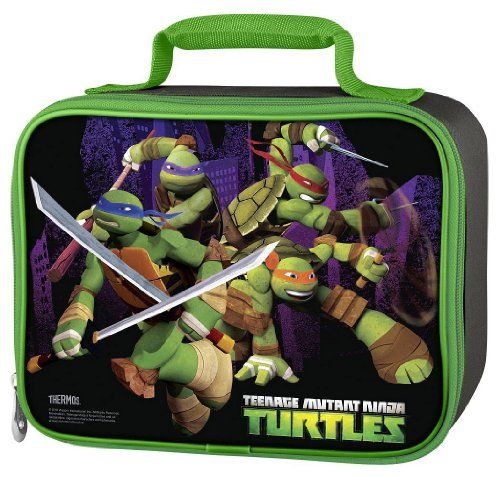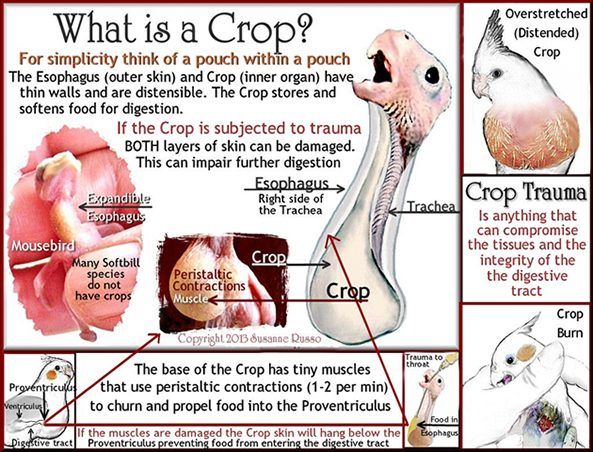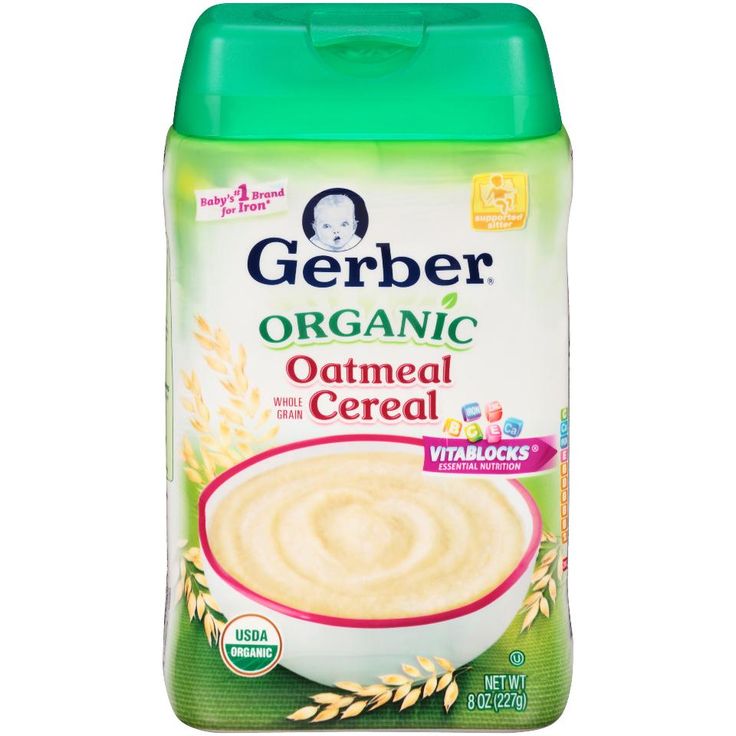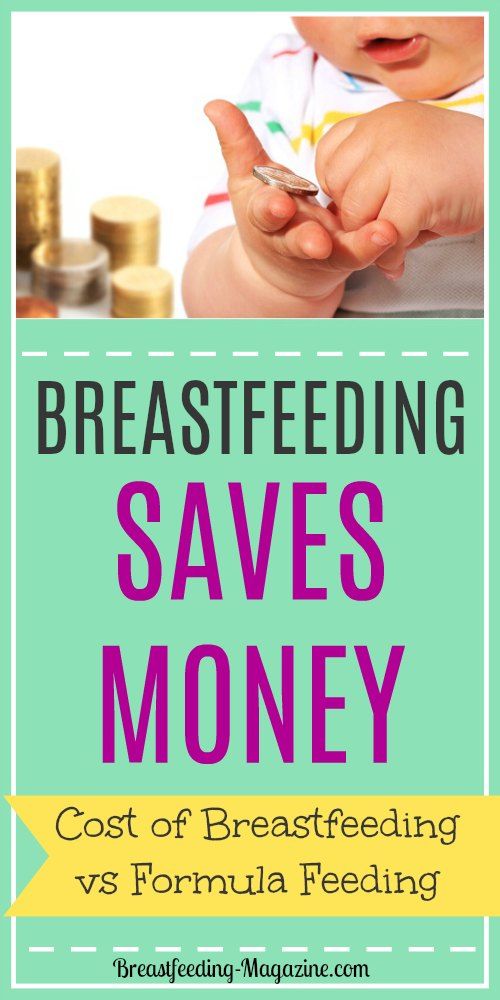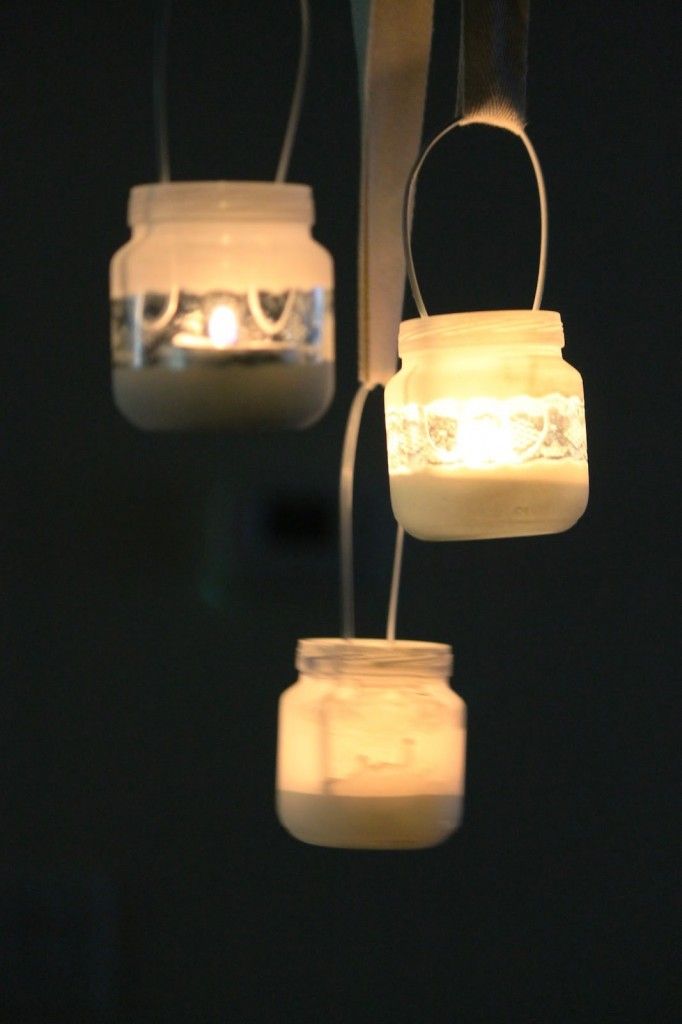Is it safe to feed baby while sleeping
Sleep Feeding - Why Your Baby Only Feeds While Drowsy Or Asleep – Baby Care Advice
You might choose to breastfeed or bottle-feed your baby while sleeping in a bid to influence his night time feeding pattern, or perhaps because it’s now the only way he will feed without dispute. If sleep feeding your baby is something you plan to try, or would like to change, this article may help you decide the next step to take.
What is sleep feeding?Sleep feeding, sometimes called dream feeding, occurs when a baby feeds while drowsy or asleep. Baby might be awake at the start, then fall asleep while feeding and continue eating during light sleep. Or a feed might be provided when baby is already in a drowsy state, while sleeping, or as he begins to arouse from sleep.
Sleep feeding can be baby led – something baby does in response to an underlying feeding or sleeping problem. Or Parent led – something a parent initiates in an attempt to resolve an infant feeding or sleeping problem.
Feeding your baby in a drowsy or sleepy state might not be something you choose to do, rather it could be something you feel compelled to do if he rejects feeds when awake, does not eat enough when feeding while awake, or because he appears to favor feeding in a sleepy state.
Your baby could partially sleep feed. Perhaps he takes some milk awake, then falls asleep while feeding and finishes the rest, or you might wait until he’s asleep before offering the remainder of his feed. Alternatively, your baby might exclusively feed during sleep.
Some reasons babies appear to prefer sleep feeding include:
1. Sleepy newbornsThe time and effort to feed consumes a great deal of energy for a newborn. Newborn babies characteristically begin feeding in an alert state, become drowsy once their initial hunger is satisfied but continue sucking during light sleep, stopping only once deeply asleep or when the bottle is drained.
Most newborns have a strong desire to suck at times in addition to feeding. They particularly enjoy sucking when tired. Newborns have an active sucking reflex, which means they are likely to feed, awake or during light sleep, whenever a feed is offered.
2. Feeding-sleep associationWhen a baby repeatedly falls asleep while feeding, feeding can become a sleep association (something he psychologically links with the act of falling asleep). A feeding-sleep association means a baby will seek to feed (by rooting, sucking his fist, fussing or crying) whenever he is tired and ready to sleep, irrespective of whether he’s hungry at the time or not, because past experiences have taught him that this is how he goes to sleep. Reliance on feeding as a sleep association increases the risk of broken sleep (see Sleep Associations for explanation). So baby’s naps may be cut short causing him to awaken still tired. As a result, he tolerates only short periods awake before tiring and then starts crying to be fed to sleep once again. If a feed is denied, he becomes progressively more distressed. If a feed is provided, he quickly falls asleep. When fed on demand, a baby who has developed a feeding-sleep association that causes broken sleep will appear to want to feed frequently, perhaps more often than expected, and feed mostly in a sleepy state. If his nutritional needs are met during sleep feeds, this eliminates the need to feed while awake, and it becomes increasingly more likely he will feed solely in a sleepy state out of habit.
If a feed is denied, he becomes progressively more distressed. If a feed is provided, he quickly falls asleep. When fed on demand, a baby who has developed a feeding-sleep association that causes broken sleep will appear to want to feed frequently, perhaps more often than expected, and feed mostly in a sleepy state. If his nutritional needs are met during sleep feeds, this eliminates the need to feed while awake, and it becomes increasingly more likely he will feed solely in a sleepy state out of habit.
Pressure applied in an attempt to compel a baby to feed or continue feeding when he doesn’t want to, makes feeding an annoying, unpleasant or stressful experience for baby (and parents). When repeated time and time again, pressure to feed can cause a baby to develop a behavioral feeding aversion. Sleep feeding is a situation that commonly evolves when a baby has developed a behavioral feeding aversion due to pressure.
When averse to feeding, baby becomes distressed and refuses to feed either as soon as he realizes he’s going to be fed or after consuming a small amount (typically, a similar amount each time). However, when drowsy or asleep, and therefore less aware, he lets down his guard, sucking instincts kick in and he feeds well with minimal resistance. After discovering that baby feeds without objection in a sleepy state, many parents choose to wait until their baby is drowsy or lightly asleep before attempting to feed him. That way they can avoid feeding battles. Over time the balance between awake and sleep feeds can shift towards baby being solely fed drowsy or while sleeping.
However, when drowsy or asleep, and therefore less aware, he lets down his guard, sucking instincts kick in and he feeds well with minimal resistance. After discovering that baby feeds without objection in a sleepy state, many parents choose to wait until their baby is drowsy or lightly asleep before attempting to feed him. That way they can avoid feeding battles. Over time the balance between awake and sleep feeds can shift towards baby being solely fed drowsy or while sleeping.
Due to advancements in brain development, babies become progressively more aware of their surroundings during light sleep as they mature. Around 5 months of age, it generally becomes increasing more difficult to sleep feed a baby who has become averse to feeding while awake. If baby senses he’s being fed while sleeping, he will either resist or stop feeding, and if the parent persists he will wake and vigorously reject the feed. When sleep feeding fails, parents may find they have no means to ensure their baby receives sufficient quantities of milk and as a consequence baby’s weight falters. (See Feeding Aversion for more).
(See Feeding Aversion for more).
The 3 problems described above can occur in isolation, or they can be connected. A sleepy newborn is susceptible to developing a feeding-sleep association if parents don’t take active steps to prevent this from occurring. As a result of a feeding-sleep association, over time baby may develop a habit of feeding in a drowsy or sleepy state. Frustration over the fact that baby rejects feeds while awake can cause a parent to try to gently pressure their baby to feed. If pressured to feed, this can cause a baby to develop an aversion to feeding, adding another layer of complexity to this problem. This situation can occur if baby is breastfed or bottle-fed.
Health professionals in general are unaware of the behavioral reasons why this common feeding problem develops. They are therefore unable to advise parents on how to encourage their baby to return to willingly feeding while awake. But we can! Baby Care Advice professionals have extensive experience in supporting parents to resolve these and other types of feeding problems.
FALSE: When a baby displays distressed behavior during feeds, this is commonly attributed to pain associated with acid reflux. (As is most other problematic behavior displayed by healthy babies when the reason is unclear). Sleep does not prevent a baby from feeling pain. If pain is the reason for a baby’s distress at feed times when awake, pain would cause baby to awaken and display distressed behavior when sleep feeds are attempted. Pain associated with the burning effects of acid reflux is not exclusive to awake feeds, and it does not suddenly disappear simply because the feed has stopped. A baby experiencing pain during feeds will scream long after feeding has ceased. (See Reflux for more).
A behavioral feeding aversion is far more likely to be the reason for a baby to display aversive or distressed feeding behavior while awake and yet feed well during sleep. In the case of a behavioral feeding aversion, baby’s distress ends soon after parents stop trying to feed their baby, and he feeds well during sleep because he’s unaware that he’s being fed and therefore does not resist.
In the case of a behavioral feeding aversion, baby’s distress ends soon after parents stop trying to feed their baby, and he feeds well during sleep because he’s unaware that he’s being fed and therefore does not resist.
Most newborn babies will occasionally or often sleep-feed without any obvious complication. However, regardless of whether it is something that is initiated by a parent or baby, there are potential problems linked with sleep feeding.
Sleep deprivation
A feeding-sleep association can result in broken sleep, which could then cause infant distress due to sleep deprivation.
Underfeeding
A chronically sleep-deprived baby might fall asleep before completing the feed. A rigid feeding schedule in this case could result in underfeeding.
Overfeeding
Newborns babies are susceptible to overfeeding because they have an active sucking reflex. Offering feeds that are not demanded could create or add to an overfeeding problem. (The GI symptoms associated with overfeeding are commonly mistakenly blamed on reflux, milk allergy or intolerance. See Lactose Overload for more).
Offering feeds that are not demanded could create or add to an overfeeding problem. (The GI symptoms associated with overfeeding are commonly mistakenly blamed on reflux, milk allergy or intolerance. See Lactose Overload for more).
Tooth decay
The frequency of swallowing decreases during sleep compared to awake. Milk can pool in baby’s mouth providing food for bacteria that cause tooth decay to flourish.
Aspiration
Feeding in a sleepy state increases the risk that a baby might choke or inhale milk into his lungs.
Respiratory infections
Studies show that babies who sleep feed are at increased risk of developing respiratory infections.
Financial strain
The search for a solution that will encourage baby to return to feeding while awake can be an expensive one. The first thing that parents usually try is switching formula, often multiple times. Then different nipples and bottles. When this fails, as it generally does for this type of problem, most parents will then seek medical advice. Typically babies who display aversive behavior when awake are diagnosed with acid reflux. (A diagnosis of acid reflux mostly occurs because medicos in general are unfamiliar with the management of problems such as a feeding-sleep association, feeding aversion, overfeeding and other behavioral problems commonly affecting physically well babies. See Why Others Fail). So baby is prescribed medications, in some cases multiple medications, which may be switched many times. If medications fail to improve the situation, which they will if the source of the problem is behavioral, next baby may be diagnosed with suspected milk allergy or intolerance and switched to a hypoallergenic formula. If that doesn’t help, baby may be referred to one or more medical specialists, a dietician, speech or occupational therapist, and possibly undergo a series of diagnostic tests. (No amount of medication or dietary change will make a difference if the source of baby’s troubles is behavioral and not physical).
When this fails, as it generally does for this type of problem, most parents will then seek medical advice. Typically babies who display aversive behavior when awake are diagnosed with acid reflux. (A diagnosis of acid reflux mostly occurs because medicos in general are unfamiliar with the management of problems such as a feeding-sleep association, feeding aversion, overfeeding and other behavioral problems commonly affecting physically well babies. See Why Others Fail). So baby is prescribed medications, in some cases multiple medications, which may be switched many times. If medications fail to improve the situation, which they will if the source of the problem is behavioral, next baby may be diagnosed with suspected milk allergy or intolerance and switched to a hypoallergenic formula. If that doesn’t help, baby may be referred to one or more medical specialists, a dietician, speech or occupational therapist, and possibly undergo a series of diagnostic tests. (No amount of medication or dietary change will make a difference if the source of baby’s troubles is behavioral and not physical).
Parental stress
When a baby will only feed in a sleepy state, ensuring he gets enough to eat dominates family life. Feeds need to be timed precisely to when baby has just fallen asleep or when he’s stirring awake. Because babies can be in light sleep for a short period of time, the amount of milk taken at each feed may be small, which means baby requires feeding more often than average for age. Most parents feel they’re housebound because they don’t want to miss a feeding opportunity by going out with baby. Parents might choose to sleep feed baby multiple times during the night in a bid to increase his total daily milk intake.The stress associated with hours trying to ensure baby gets enough to eat, exhaustion from providing multiple night feeds, numerous health visits and the associated financial strain, can take a significant toll on parents’ physical and emotional health.
Reasons parents offer dream feedsYou might choose to sleep feed your baby in the late evening for one of the following reasons.
Some babies will have their longest block of continued sleep in the first half of the night and wake in the early hours of the morning to feed. Dream feeding your baby before you go to bed could potentially encourage him to have his longest block sleep from that point onwards, thereby increasing your hours of uninterrupted sleep.
2. Reduce the chance of baby waking at nightIn general, babies under the age of 6 months require one or more feeds during the night. Providing your baby with a feed while asleep, before he wakes to demand one, may enable him to continue sleeping. The benefit is you don’t need to settle him back to sleep.
3. Increase baby’s milk intakeProviding a sleep feed or two at night might increase your baby’s total daily milk intake.
How to dream feed your babyA dream feed is the feed that you give baby before you go to bed. Aim for the feed to be between 10pm and 11pm, but allow 2.5 to 4 hours to go by since your baby's last feed.
Aim for the feed to be between 10pm and 11pm, but allow 2.5 to 4 hours to go by since your baby's last feed.
Keep lights low. Avoid talking or loud noise.
If breastfeeding, gently take your sleeping baby into your arms.
Dream feed a bottle-fed baby in his crib. Prop him on a pillow so that he feeds in a semi-reclined position. Remove the pillow and lay him flat once he has finished feeding. (Never leave your baby to feed unsupervised or leave a pillow in the crib with a baby).
Without waking him gently rub your nipple or the nipple of the bottle across his lips. If he doesn’t react, try to gently open his mouth and insert the nipple.
Burping is usually not necessary because babies generally swallow very little air while sleep feeding. If you feel your baby needs burping, try sitting him in an upright position. Rub his back rather than pat. If he has not burped within 2 minutes, give up.
If you have picked your baby up, return him to bed while he’s still sleeping. If he begins to awaken at any time, try making a shushing sound to soothe him back to sleep.
If he begins to awaken at any time, try making a shushing sound to soothe him back to sleep.
Only change his diaper if its heavily wet or soiled.
Automatic, rhythmical sucking and swallowing is strong during light sleep but decreases as sleep deepens. With a dream feed, your baby may have already been sleeping for a number of hours, and its possible that he could be deeply asleep. If he’s not sucking, you may need to arouse him slightly by stroking his cheek, chest, a hand or foot. If you’re not able to arouse him enough so that he feeds, try a different time tomorrow night.
If you’re already sleep feeding your baby during the day, perhaps because it’s the way he feeds best, you have probably already figured out that feeding him during light sleep (i.e. when drowsy, or shortly after he has fallen asleep, or when he is arousing from a nap) works best.
Disadvantages of dream feedingMany parents swear that a late evening sleep feed (dream feed) promotes better sleep for their baby and therefore better sleep for themselves.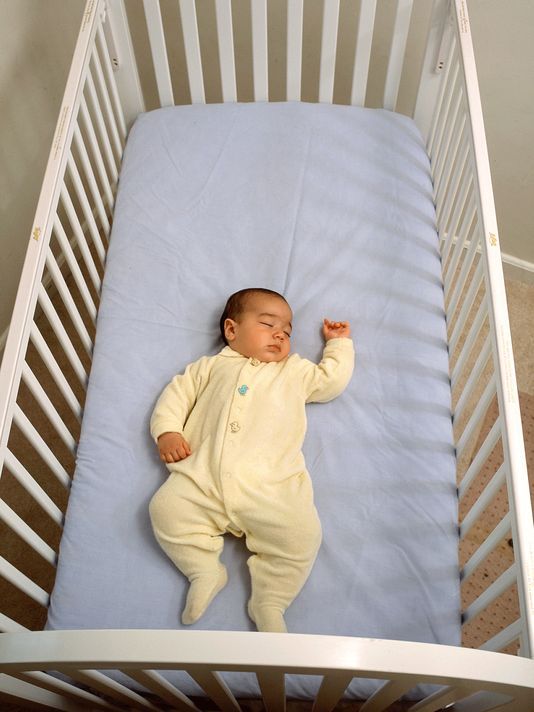 However, others find feeding their baby during sleep does not provide the benefits they hoped for. And in some cases, it has unintended and unwanted consequences; for example:
However, others find feeding their baby during sleep does not provide the benefits they hoped for. And in some cases, it has unintended and unwanted consequences; for example:
Baby doesn’t suck
Babies tend to spend longer periods of time in deep sleep during the first half of the night. If your baby is deeply asleep when you attempt to sleep feed him, there’s a good chance he’s not going to suck. Also the ability to feed while sleeping decreases as a baby gets older
Baby still wakes at the same time
There’s no guarantee that a dream feed will help your baby to remain asleep for the period you hope he will. For many babies dream feeding makes no difference to their nighttime sleeping pattern. They continue to wake at the same time regardless of whether they receive a dream feed or not. Hunger is not the only reason that babies wake during the night. The presence or absence of familiar sleep associations has a strong influence over a baby’s ability to fall asleep and remain asleep, more so the older, and thus more aware, baby becomes.
Destabilize baby’s internal body clock
If your baby is not waking to demand a feed around the time you dream feed him, then how do you know he actually needs feeding at that time? The older your baby becomes the more likely it is that sleep feeding will hinder the natural progression of his circadian rhythms (24-hour internal body clock). Sleep feeding can disrupt a baby’s natural sleep-wake patterns causing him to wake more often during the night. It also has the potential to provide more milk than a baby needs to consume during the night, and by doing so decrease his appetite and desire to eat the next morning.
You might lose sleep
Without achieving the benefits you hoped for, sleep feeding could mean you are needlessly sacrificing some of your sleep by staying up late or getting up at a set time to provide your baby with a feed that he may not need.
Disadvantages also include the potential problems associated with sleep feeding listed above.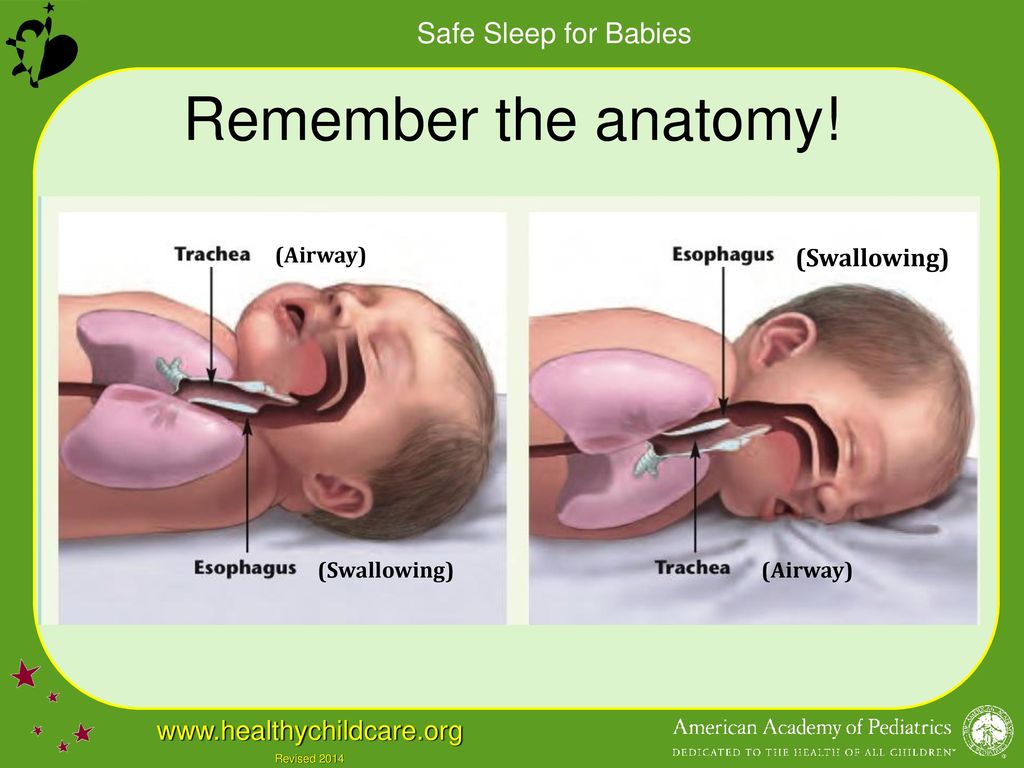
Written by Rowena Bennett
© Copyright Babycareadvice.com. All rights reserved. Permission from author must be obtained to reproduce all or any part of this article.‘Your Baby's Bottle-Feeding Aversion’ book
In my book, ‘Your baby’s Bottle-feeding Aversion’, I have described physical and behavioral reasons for babies to develop an aversion to bottle-feeding. How to identify the cause and the solutions to match. Included are step-by-step instructions on how to regain your baby’s trust and resolve a feeding aversion caused or reinforced by repeated pressure to feed.
While the book was written for bottle-fed babies, many nursing mothers have found that applying the same strategies has also helped them to successfully resolve a breastfeeding aversion.
You might find that reading this book is all you need to do to understand the steps you need to take to resolve your baby’s feeding aversion and get him back to the point of enjoying eating until satisfied.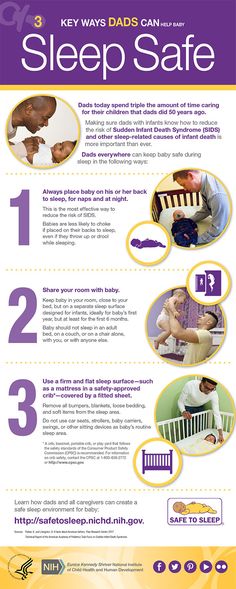
Six time-saving modules to help your family enjoy feeding again with Rowena's step-by-step plan. Enjoy additional tools to manage anxiety, troubleshoot any issues, introduce new carers, how to manage illness/teething and much more.
- Module 1: Understanding feeding aversions
- Module 2: Identify the cause
- Module 3: Prepare for success
- Module 4: How to resolve your baby's bottle-feeding aversion
- Module 5: What to expect
- Module 6: Troubleshooting
- BONUS: Guided meditations
Breastfeeding FAQs: Sleep - Yours and Your Baby's (for Parents)
Breastfeeding is a natural thing to do, but it still comes with its fair share of questions.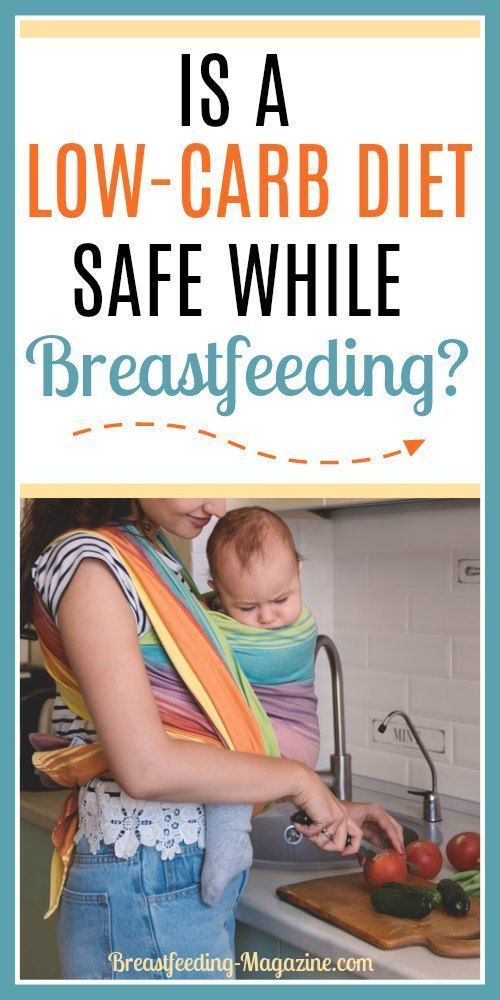 Here's what you need to know about making nights easier for you and your baby.
Here's what you need to know about making nights easier for you and your baby.
Where Should My Baby Sleep?
It’s a good idea to put your baby to sleep in your room without sharing a bed. That’s because bed-sharing puts babies at risk of suffocation, strangulation, and sudden infant death syndrome (SIDS).
Experts recommend room-sharing for at least the first 6 months of life, especially if you’re breastfeeding. Here are some ideas:
- Put a bassinet, play yard, or crib next to your bed. This lets you keep that desired closeness that makes it easier to breastfeed at night. It also lowers your baby’s risk of SIDS.
- Buy a bassinet or play yard with one side that is lower, which attaches to your bed. This allows you to be next to your baby without the chance of rolling over onto your infant.
Don’t let your baby sleep in the same room as someone who is smoking.
Also:
- Don’t let your baby fall asleep on a product that isn’t specifically designed for sleeping babies, such as a sitting device (like a car seat), a feeding pillow (like the Boppy pillow), or an infant lounger (like the Dock-a-Tot, Podster, and Bummzie).

- Don’t use products or devices that claim to lower the risk of SIDS, such as sleep positioners (like wedges or incliners) or monitors that can detect a baby’s heart rate and breathing pattern. No known products can actually do this.
- Don’t use products that are weighted, such as a weighted blanket, sleeper, or swaddle.
- Don’t use products that have not been approved by the U.S. Consumer Product Safety Commission (CPSC) as meeting federal safety standards for infant sleep products
How Should My Baby Sleep?
Always place your baby on the back to sleep, not on their stomach or side, to help lower the chance of SIDS. When babies can roll over easily from front to back and back to front, it's fine for them to stay in the sleep position they choose.
When picking out bedding for your baby, keep these tips in mind:
- Use a firm sleep surface. Cover the mattress with a sheet that fits snugly. Make sure your crib, bassinet, or play yard meets current safety standards.
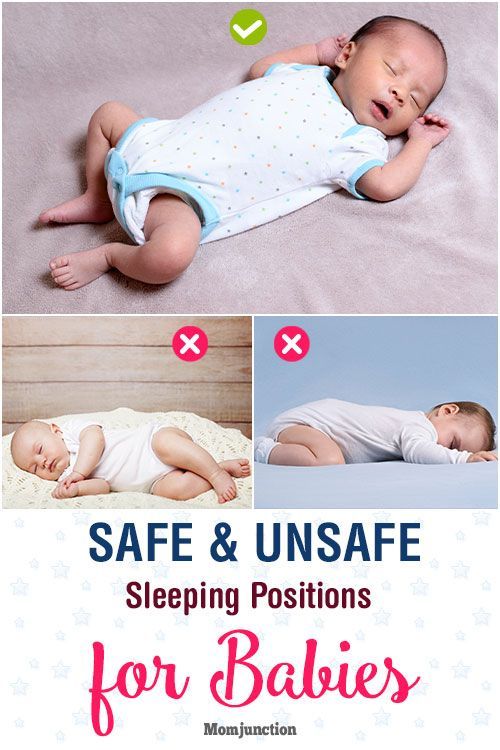
- Do not put anything else in the crib or bassinet. Keep plush toys, pillows, blankets, unfitted sheets, quilts, comforters, sheepskins, and bumper pads out of your baby's sleep area. Make sure there are no items within reach that could pose a hazard to your baby, such as cords, ties, or ribbons.
- Dress your baby for the room temperature, and don't overbundle. Watch for signs of overheating, such as sweating or feeling hot to the touch.
How Can I Make Nighttime Feedings Easier?
To make nursing in bed more comfortable, keep a donut-shaped nursing pillow on or near your bed or use a "husband" back pillow with arms on each side.
Keep the room dimly lit and any noises (talking, singing, etc.) to a minimum. This will help your baby realize that nighttime is for sleeping — not playing — and can help your baby fall back to sleep sooner.
My Baby Falls Asleep While Nursing. What Can I Do?
Newborns often fall asleep at the breast, especially after feeling satisfied from a feeding. (You'll know if your baby isn't nursing if you don't hear swallowing sounds, like little clicks, or see the jawbones moving.)
(You'll know if your baby isn't nursing if you don't hear swallowing sounds, like little clicks, or see the jawbones moving.)
If you think your baby is asleep and hasn't finished nursing, here are some tips to try:
- Undress your baby and rub their back.
- Tickle your baby’s feet.
- Burp your baby.
- Change your baby's diaper or switch to the other breast.
- Gently compress (squeeze) or massage your breast at the end of feeding to encourage your baby to drink more.
Babies who latch on wrong may fall asleep at the breast. If this happens, break the suction and reposition your baby onto your breast to include both your nipple and areola. You can break the suction by slipping your finger in the side of your baby's mouth (between the gums) and then turning your finger a quarter turn.
After you've broken the suction, try to burp your baby and switch to the other breast.
Is it OK to Nurse My Baby to Sleep?
In the first few months of life, it's practically impossible to keep a nursing baby awake who is satisfied with a full belly.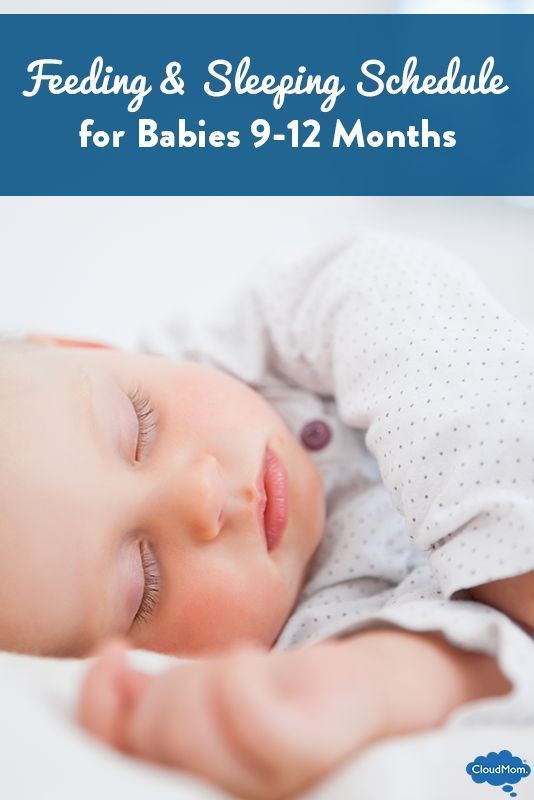 But as babies grow, encourage them to sleep on their own. To do this:
But as babies grow, encourage them to sleep on their own. To do this:
- Put your baby down for naps and bed slightly awake. This teaches babies to get used to falling asleep on their own.
- Create a familiar and relaxing bedtime routine. Bathing, reading, and singing is soothing and signals an end to the day.
- Be consistent with the bedtime routine. Eventually, babies associate these steps with sleeping.
- Offer a pacifier. Experts recommend giving a pacifier at naptime and bedtime to babies under 1 year old to reduce the risk of SIDS. Only give a pacifier after breastfeeding is established, so no sooner than 3 weeks of age. If your little one doesn't want a pacifier, don't push it.
When Will My Baby Sleep Through the Night?
Breastfed newborns' longest sleep periods are generally 2–3 hours — this is about how long their small bellies can go between feedings. If newborns do sleep for a while, they'll probably be extra-hungry during the day and may want to nurse more often.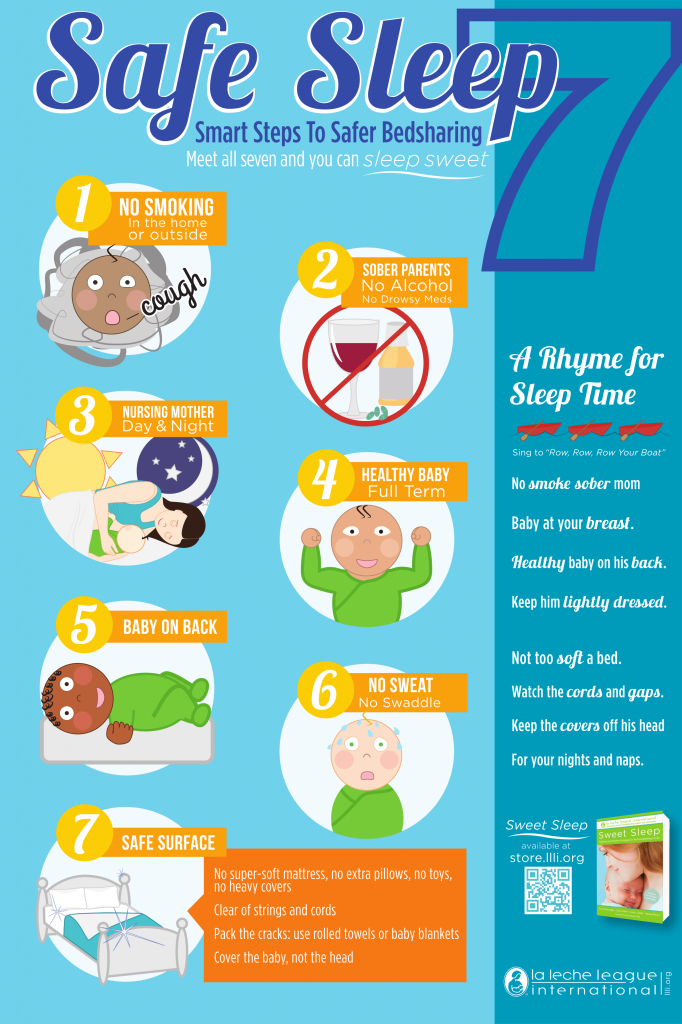
And just when you think that sleeping through the night seems like a far-off dream, things start to get a little easier. At 3 months, a baby averages a total of 5 hours of sleep during daytime naps and 10 hours at night, usually with an interruption or two. Most babies this age sleep "through the night," meaning a 5-6 hour stretch. But every baby is different, so don't be surprised if your baby sleeps more or less than others.
Will it Hurt My Milk Supply to Let My Baby Sleep?
Letting your baby sleep for longer periods (usually at around 3 months of age) isn't going to hurt your breastfeeding efforts. Your body readjusts your milk supply based on when you nurse and how much your baby needs. Some babies will sleep through the night early but will make up for it during the day, so your breasts will accommodate that.
As your baby matures and starts taking solid foods, the need for breast milk will decrease and your body will adjust for that too.
Reviewed by: Jamila H.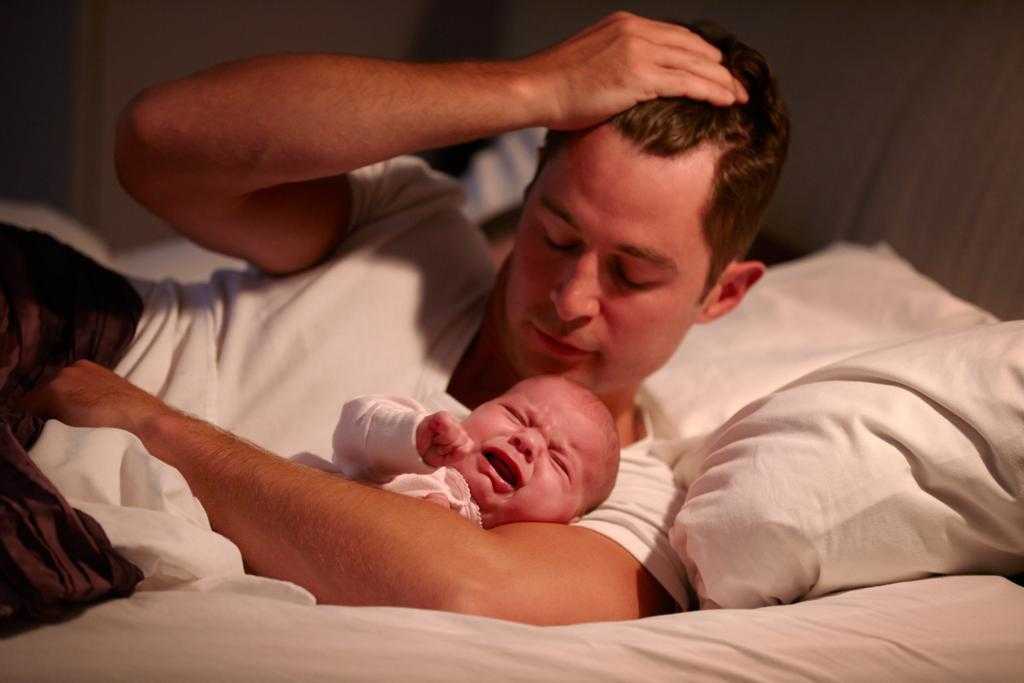 Richardson, BSN, RN, IBCLC
Richardson, BSN, RN, IBCLC
Date reviewed: January 2021
Should I feed my baby at night?
Restful sleep and nutrition
Each child has his own individual rhythm of sleep and nutrition, as well as individual need for them. Just in newborns in the first weeks of life, the ability to distinguish between day and night has not yet been developed. The child is simply not used to going without food for a long time. Indeed, in the womb, he could satisfy hunger at any time of the day or night. Therefore, at least in the first weeks, he will certainly wake you up at night for feeding.
If you are formula feeding your baby, unload yourself and take turns with your partner for nightly feedings. It is also possible if you express milk in the evening and store it in the refrigerator (from +4°C to +6°C, closed for no more than 2 days).
After three months, the baby can go without food for longer, so he has a longer nighttime sleep than daytime.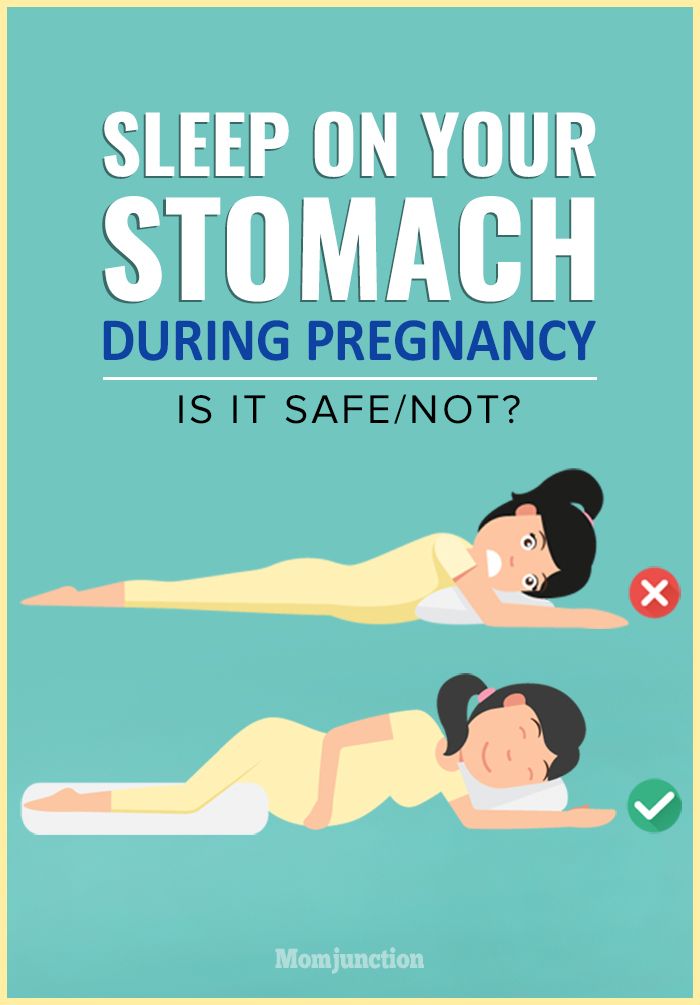 Starting at about 6 months old, babies no longer need to feed at night, because at this age the rhythm of hunger and satiety in a healthy child stops at daytime.
Starting at about 6 months old, babies no longer need to feed at night, because at this age the rhythm of hunger and satiety in a healthy child stops at daytime.
Before going to bed - milk porridge
Milk dessert with biscuits
Milk porridge at night is more satisfying than milk food. HiPP milk porridges are available both in instant form for easy dilution with water, and in ready-made form, for example, our Good Night milk desserts. You can give milk to your baby first from a bottle and later from a cup. It goes without saying that with the introduction of complementary foods, the child should get used to the spoon, and his diet should contain a sufficient amount of solid food.
Weaning from night feeding
Night feeding can become a habit that your baby will only reluctantly say goodbye to. If your baby keeps waking up during the night, try offering unsweetened tea or boiled water, but don't feed him. Night feeding even interferes with uninterrupted sleep and can damage the first teeth of the child, since after a nightly meal, the child's teeth, as a rule, are no longer cleaned. Of course, it will take some time to wean your baby from night feedings, but in the end you will definitely reach the goal!
Of course, it will take some time to wean your baby from night feedings, but in the end you will definitely reach the goal!
Learn more: Tips
Video: Weaning tips - OB tips Video: Baby massage Diet planFood and drinkDigestion for your babyOn holiday with your baby baby? Do I need to feed my baby at night? When will my baby start sleeping at night without waking up? Tips for improving your baby's sleep
Baby crying Motor and speech
Choice of complementary foods
No age restrictions from the first daysfrom 1st monthfrom 4 monthsfrom 5 monthsfrom 6 monthsfrom 7 monthsfrom 8 monthsfrom 9 monthsfrom 10 monthsfrom 12 months
puree from 4 months - Vegetable puree from 5 months - Vegetable puree from 6 months - Vegetable puree from 7 months - Vegetable puree from 8 months Fruit puree - from 4 months - from 5 months months - from 6 months - Fruit purees in soft packagingMeat purees - Meat pureesMeat and vegetable menu - from 8 months - from 12 months Fish and vegetable menu - from 9Soups - from 6 months - from 7 months - from 8 months - from 12 months - From 18 months "Good night" in jars - Cereal cereals with fruit in jarsDrinks - Health drinks - Granulated teas - Tea bags - JuicesSnacks - Snacks
Night feedings until what age - what time to wean a child from night feeding
10/29/2016
356863
410
Feeding and sleep
6–9 months --18 months
Article
team Babysleep
Team Babysleep
Snipe consultants, doctors, psychologists, consultants for GV
All know that frequent nightly night at night waking up when a newborn needs to be comforted or fed is a natural part of motherhood. How pleasant it is to hug a child in the silence of the night and attach it to your chest! But one day there comes a moment when the uninterrupted sleep of the baby and mother becomes more important than nightly breastfeeding.
How pleasant it is to hug a child in the silence of the night and attach it to your chest! But one day there comes a moment when the uninterrupted sleep of the baby and mother becomes more important than nightly breastfeeding.
Child crisis calendar
Night feeds: until what age?
Many parents are interested in night feedings: until what age should they be kept? When should a child be weaned from night feeding? In this article, we present the opinion of our American colleagues on breastfeeding. Their recommendations may need tweaking, but it's certainly an interesting take on the issue.
BabySleep considers it necessary to emphasize that reducing nighttime feedings at any age does not in any way mean a complete rejection of breastfeeding, unless the mother has such an intention. This is just a reduction in the number of attachments to the chest during a night's sleep. The mother can still continue breastfeeding even if the number of nightly feedings is reduced.
It is also important to remember that breastfeeding is not only a process of satiating the child, but also a time of physical and emotional closeness between mother and baby. In some situations, this factor is of paramount importance and it is not worth reducing the number of feedings.
What do doctors say?
Many children continue to wake up for night feedings from one to several times a night, although, due to their age, they are already able to sleep for a long period of time without waking up. The reason is that they are used to getting calories at night. Very often, nighttime awakenings and the need to breastfeed in order to fall asleep again are caused by an association with falling asleep. This means that when you wake up at the end of your sleep cycle (every 40–90 minutes), the baby simply cannot fall asleep again without sucking, even if at that moment he is not hungry. Some children only need to take a few sips to calm down, and someone eats, consuming calories that the body does not need at that moment.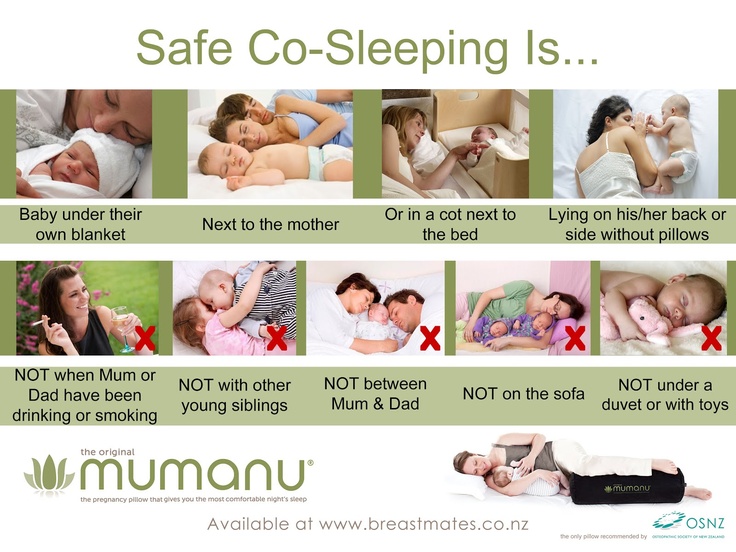
When the baby wakes up to satisfy his hunger, he actively sucks and swallows for at least 5 minutes or drinks more than 60 ml. milk from a bottle. If there is an association to fall asleep, or if the baby needs to breastfeed to calm down, the baby sucks out only a little milk. If the baby is really hungry at night, it is not recommended to drastically reduce the number of nightly feedings. If the child is hungry, he must be fed!
How many nightly feedings does a child need?
Before cutting down on a baby's nighttime feedings, the mother should make sure that the baby is ready for it and that her expectations are realistic. If there are no problems with lactation, the baby is healthy, calm, eats well during the day and is gaining weight, you can simply use the table as a guide, which indicates the number of nightly feedings recommended by American baby sleep experts.
Talk to your doctor before starting to cut down on nightly breastfeeding.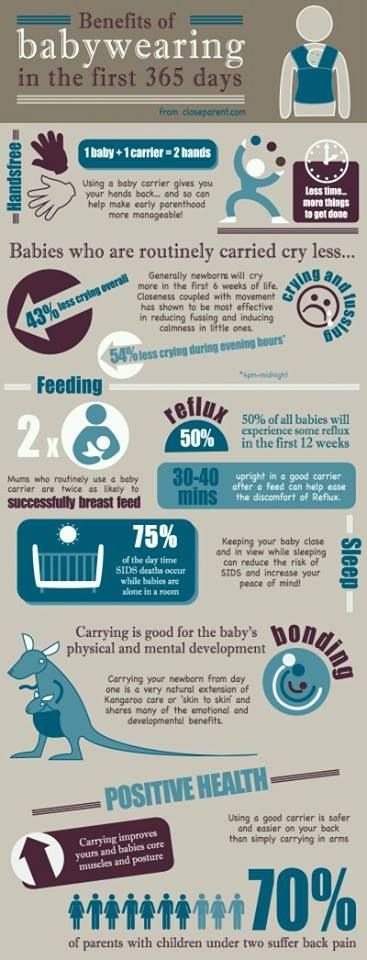 It is also important to consider the age of the child depending on the EDD (estimated date of birth). If the baby eats at night more often than indicated in the table, but sleeps well, and it suits you, there is no problem. If your baby is eating less often, but your pediatrician is happy with how he is growing and gaining weight, you are doing great too!
It is also important to consider the age of the child depending on the EDD (estimated date of birth). If the baby eats at night more often than indicated in the table, but sleeps well, and it suits you, there is no problem. If your baby is eating less often, but your pediatrician is happy with how he is growing and gaining weight, you are doing great too!
The recommendations in this article are for those mothers who are worried about the fragmented sleep of the child due to the fact that the baby often eats at night.
Until what age to continue night feeding?
Nutritional needs of children differ, but you can focus on the average data from the table:
When should a child be weaned from night feedings?
A child's readiness to reduce night feedings can be checked by answering the following questions:
- Is your baby 6 months old or older and eating solid foods well?
- Was the baby born at term with a normal weight?
- Does the baby need night feedings, rather to calm down than to satisfy the feeling of hunger (applications are very short)?
- Feeding for a baby is an association for falling asleep, does he not know how to calm down and fall asleep himself during daytime and nighttime dreams, does he often wake up at night?
- Is co-sleeping a forced measure for you because of the association for the baby to fall asleep (see paragraph 4)?
- Do all family members lack sleep and feel constantly tired (as a result of points 4 and 5)?
- Are night feedings erratic (time and number of awakenings vary each night)?
- Does your child eat more at night than during the day?
- In the past, has the baby been able to sleep for three or more days in a row for long periods of time without feeding, or with one feeding between 22:00 and 24:00 (not during illness, etc.
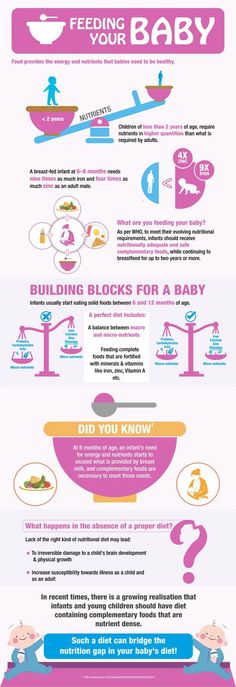 )?
)? - Does the baby eat once a night - at 3-4 in the morning - and constantly refuses morning feeding?
If the majority of answers are yes, this shows the child's readiness to reduce the number of nightly attachments.
Reduction of night feedings. Where to begin?
If you can't tell exactly what time and how long your child eats at night, watch him for 2-3 nights. When you see patterns in nightly breastfeeding, you can draw up a work plan and gradually wean the baby from breastfeeding.
- Start work with feedings in the first hours of sleep, when the baby has not yet had time to get hungry.
- If nighttime breastfeeding is associated with falling asleep for your baby, separate breastfeeding from the process of falling asleep—feeding before bed to soothe and relax, and then falling asleep without suckling.
- Reduce the time your baby spends at the breast at night, or reduce the amount of milk in the bottle.


